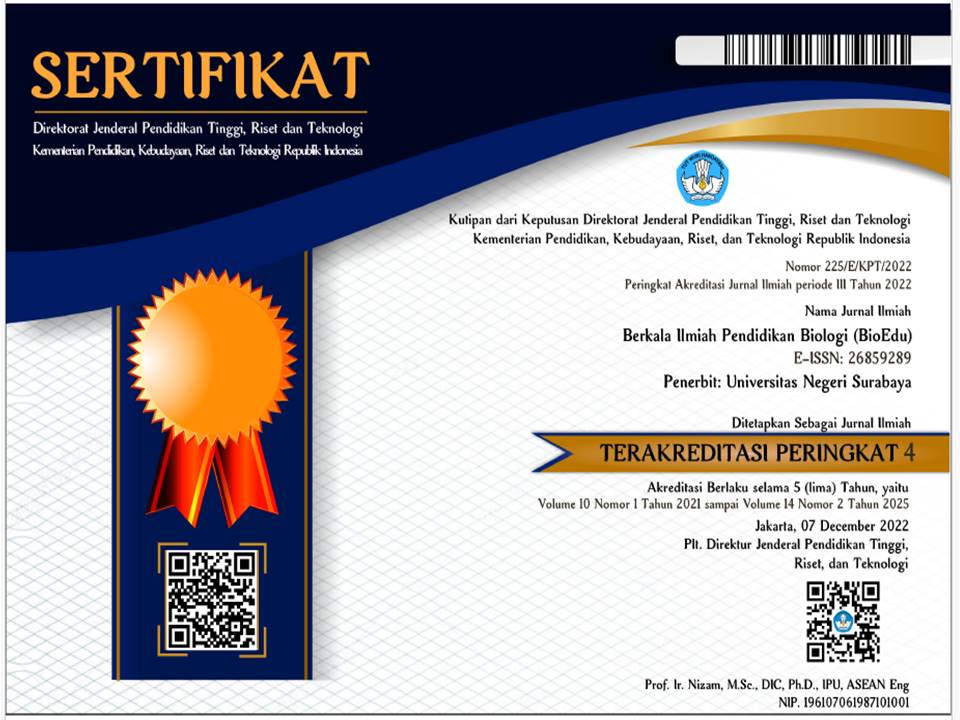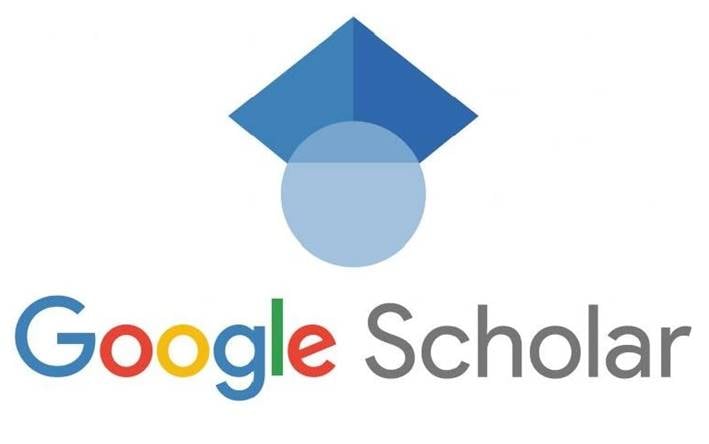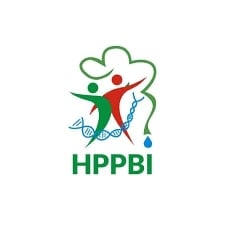DEVELOPMENT OF INTERACTIVE E-BOOK ON BIOPROCESS TOPIC TO TRAIN DIGITAL LITERACY OF SENIOR HIGH SCHOOL GRADE XI
DOI:
https://doi.org/10.26740/bioedu.v12n1.p088-098Abstract
Information and technology are developing rapidly in the 21st-century, so they need to be balanced with digital literacy skills for students. Limited digital learning media during the Covid-19 emergency learning period impacted a lack of learning experience due to the lack of media that could support learning during the Covid-19 emergency, causing students to have difficulty understanding the topic. Bioprocess topic are considered complex topic. Therefore, it is essential to develop media that can train digital literacy on bioprocess topic. This study aimed to develop a valid, practical, and effective interactive e-book on bioprocess topic to train digital literacy of senior high school grade XI. This study uses a 4D development model, including the Define, Design, Develop and Disseminate stage. Collecting data through validation methods, Fry's legibility, test questions, and questionnaire responses to 20 students of grade XI MIPA SMA Negeri 8 Surabaya and biology teacher. The data collected were analyzed through descriptive-quantitative techniques. The results of the study indicate that the e-book is very valid, with a validity score of 3.73, so that it is suitable for use in learning; the e-book is declared practical based on the results of the readability test, which shows level 11, which is ideal to use by grade XI; The e-book was declared to be very effective based on the completeness of the digital literacy indicator with a percentage of 90.8% indicating a complete category and the responses of students and teachers who showed very positive responses with a percentage of 90.1% and 100%. Therefore, the interactive e-book on bioprocess topic able to train digital literacy of senior high school grade XI.
Keywords: e-book, interactive, bioprocess, digital literacy.
Downloads
 Abstract views: 253
,
Abstract views: 253
, PDF Downloads: 222
PDF Downloads: 222













